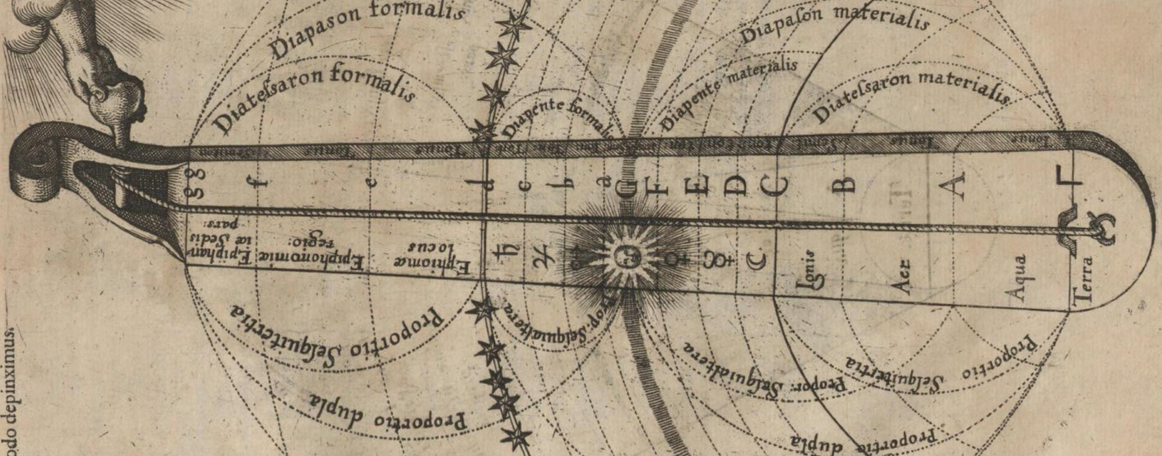Winner, 2016 Emerging Scholar Award, Society for Music Theory
 Beating Time & Measuring Music in the Early Modern Era chronicles the shifting relationships between ideas about time in music and science from the sixteenth through the early nineteenth centuries. Centered on theories of musical meter, the book investigates the interdependence between theories of meter and conceptualizations of time from the age of Zarlino to the invention of the metronome. These formulations have evolved throughout the history of Western music, reflecting fundamental reevaluations not only of music but also of time itself. Drawing on paradigms from the history of science and technology and the history of philosophy, author Roger Mathew Grant illustrates ways in which theories of meter and time, informed by one another, have manifested themselves in the field of music.
Beating Time & Measuring Music in the Early Modern Era chronicles the shifting relationships between ideas about time in music and science from the sixteenth through the early nineteenth centuries. Centered on theories of musical meter, the book investigates the interdependence between theories of meter and conceptualizations of time from the age of Zarlino to the invention of the metronome. These formulations have evolved throughout the history of Western music, reflecting fundamental reevaluations not only of music but also of time itself. Drawing on paradigms from the history of science and technology and the history of philosophy, author Roger Mathew Grant illustrates ways in which theories of meter and time, informed by one another, have manifested themselves in the field of music.
During the long eighteenth century, treatises on subjects such as aesthetics, music theory, mathematics, and natural philosophy began to reflect an understanding of time as an absolute quantity, independent of events. This gradual but conclusive change had a profound impact on the network of ideas connecting time, meter, character, and tempo. Investigating the impacts of this change, Grant explores the timekeeping techniques – musical and otherwise – that implemented this conceptual shift, both technologically and materially.
Bringing together diverse strands of thought in a broader intellectual history of temporality, Grant’s study fills an unexpected yet conspicuous gap in the history of music theory, and is essential reading for music theorists and composers as well as historical musicologists and practitioners of historically informed performance.
“Roger Mathew Grant tells us in this absorbing study the intellectual history of musical meter. For lurking behind the many idiographic representations of meter over some three hundred years lay a host of fascinating philosophical and phenomenological issues that have helped shape how we perceive–and mark–time. It is a remarkable story that should engage scholars and performers alike.” —Thomas Christensen, Avalon Foundation Professor of Music and Humanities, University of Chicago
“Roger Mathew Grant is at the cutting edge of new developments in the history of music theory. His book is broad, interdisciplinary, and useful; his command of the existing literature is very impressive; his manner of interweaving ideas from the past is creative; his willingness to apply these ideas in practical musical contexts is commendable.” —David Damschroder, Professor of Music Theory, University of Minnesota

